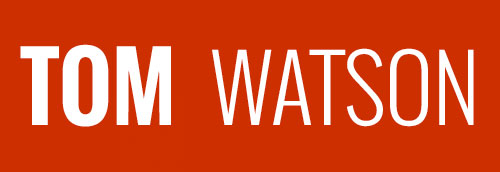Today I launch the Future of Work Commission report into how the UK deals with The New Technological Revolution.
The Commission, which is independent, has concluded that the most apocalyptic predictions about the impact automation will have on jobs are far too pessimistic.
Instead, the report says automation and artificial intelligence will create as many jobs as they destroy - if we get the right policies in place.
But it contains some stark warnings about the future too. Because we aren’t doing enough to exploit the opportunities created by this new world of work.
Our chronic inability as a country to spend enough money on research and development is still holding us back. That is a problem today, but it will be a disaster tomorrow.
I believe Labour is winning the argument about investment - thanks largely to the work being done by my colleague John McDonnell.
Borrowing to invest is not financially reckless. In today’s automated world, the reckless thing to do is not to invest.
You can read executive summary here and the full report here.
The world of work - the heart of our lives and the centre of our Labour identity - is getting ever more complex and uncertain. Complex, because new automated technologies are fusing with the internet and creating models of work and jobs we haven’t seen before. Uncertain, because technologies are developing at such a pace and we haven't stopped to examine the implications.
Daily we hear stories of machines and systems that can do things we thought only humans could do: driving cars, drafting contracts, even composing music.
It’s been called the ‘The New Technological Revolution’. A new era of rapid technology-driven change which is transforming our world every day. Although it will create wealth and opportunity, it's bringing disruption and hardship too. The problems of inequality and job insecurity aren’t new, but the solutions will need to be.
The Future of Work Commission will connect different disciplines and sectors to consider emerging work trends. We will seek evidence across the country and work with businesses, trade unions and universities to generate new research.
Our goal is to understand the implications of new technology on work and make achievable recommendations about the most pressing challenges and opportunities of the future.
